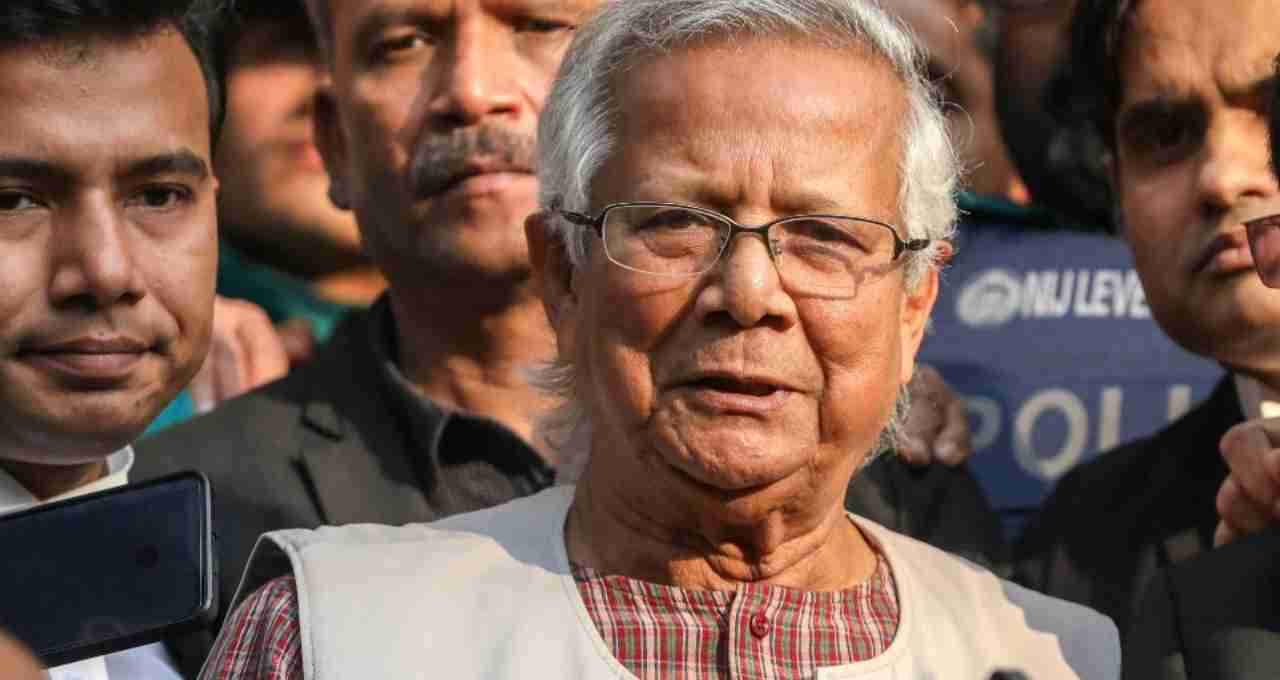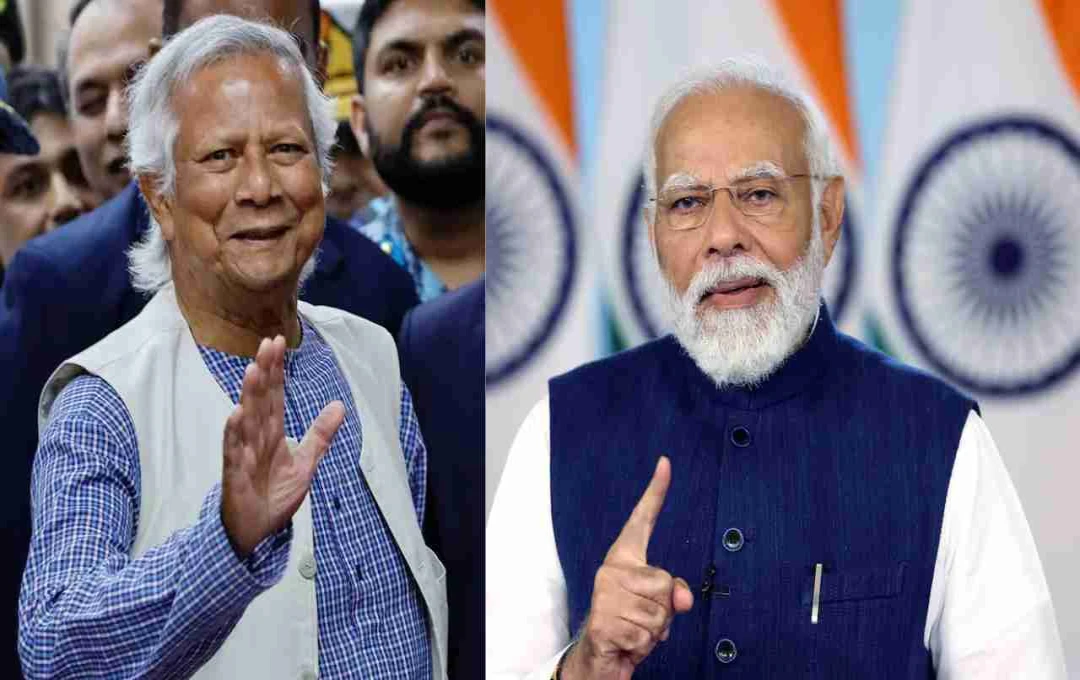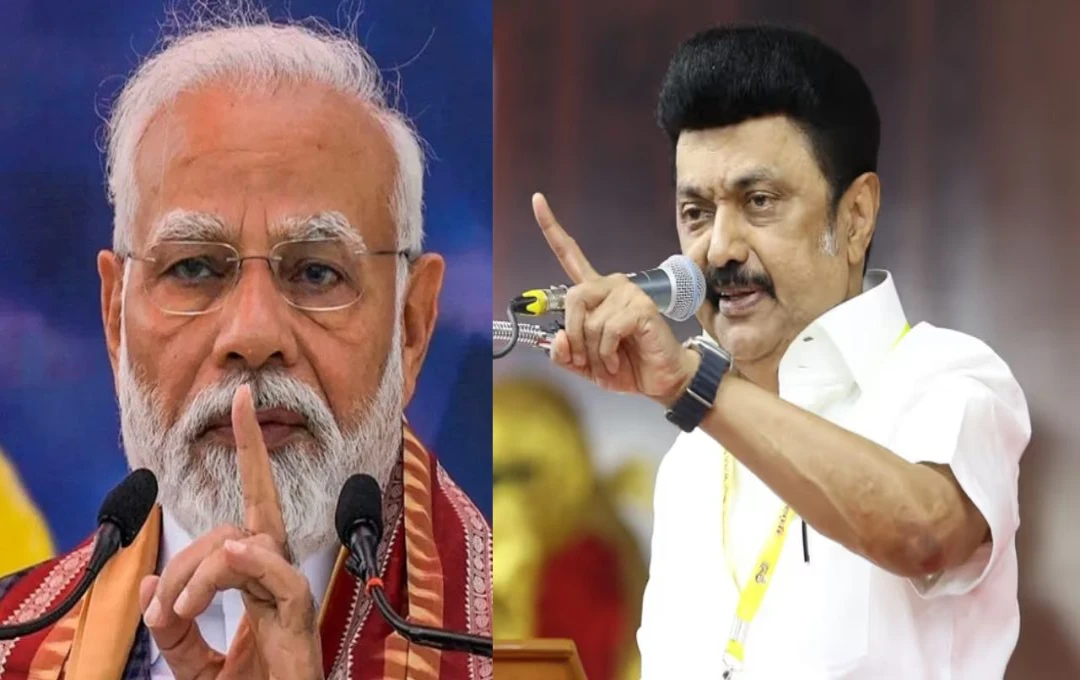Bangladesh rejects India's economic zone in Mirsharai; project stalled, escalating bilateral tensions. India has also imposed restrictions on imports of several goods from Bangladesh.
Bangladesh: While India and Bangladesh have historically maintained friendly and cooperative relations, several recent issues have fueled disputes between the two nations. A major point of contention centers around India's proposed economic zone in Mirsharai. A statement by Asik Chowdhury, Chairman of the Bangladesh Industrial Development Authority (BIDA), regarding this project highlights a growing rift between India and Bangladesh.
Bangladesh claims no Indian economic zone exists in Mirsharai
Asik Chowdhury explicitly stated that no Indian economic zone exists in Mirsharai, asserting that the project remains only on paper, lacking substantial progress. This statement follows India's 2020 approval of a $115 million loan for infrastructure development on 900 acres of land within the Bangabandhu Sheikh Mujib Industrial City in Mirsharai.
However, Bangladesh has now adopted a negative stance towards the project. Chowdhury explained that the initial plan encompassed 33,000 acres, subsequently reduced to 10,000-15,000 acres. He further stated that this reduced area suffices their needs, with decisions regarding the remaining land to be made in phases.
Progress halted after Sheikh Hasina's government
Significantly, no development work on the Mirsharai project has taken place since the interim government under Mohammad Yunus assumed power in August 2024. This policy shift in Bangladesh is a cause for concern for India. Chowdhury explicitly stated that the project is currently completely stalled.

Strategic importance of Chittagong Port and Bangladesh's stance
Chittagong Port is Bangladesh's largest and most crucial port. Chowdhury emphasized its importance not only for Bangladesh but for South Asia as a whole, serving as a key connection point for India's northeastern states, Nepal, and Bhutan. Efficient utilization of this port and its surrounding areas is therefore vital.
However, Bangladesh's new policy has created tension in its relationship with India. The Bangladeshi government's changed stance on the Mirsharai project limits prospects for bilateral cooperation.
Reasons behind the growing bitterness in India-Bangladesh relations
Recent months have witnessed several disputes impacting India-Bangladesh relations. Early in 2025, Mohammad Yunus's pro-China comments regarding India's northeastern states exacerbated tensions. Subsequently, India imposed restrictions on several imports from Bangladesh.
India restricted imports via land routes of various goods from Bangladesh, including ready-made garments, carbonated drinks, snacks, cotton, and cotton yarn. Conversely, Bangladesh imposed restrictions on the import of yarn from India via land routes. These actions have impacted trade relations and heightened tensions between the two countries.
Bangladesh's self-inflicted setback
Some analysts view Bangladesh's decision as self-sabotaging. The Mirsharai project held significant potential for economic cooperation between India and Bangladesh, boosting Bangladesh's industrial development and facilitating increased trade with India's northeastern states and neighboring countries.













